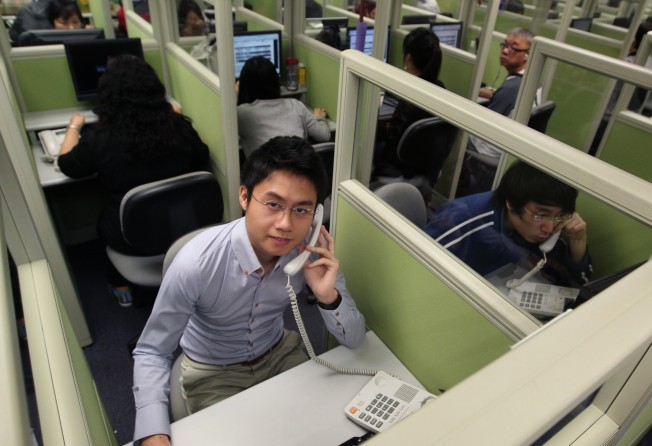How opinion polls could break the 2017 chief executive election impasse
Sonny Lo offers a way for public to have a say in electing chief executive

As Hong Kong struggles to come up with a suitable method for electing the chief executive in 2017, one solution may be to use public opinion polls as a constitutional convention or requirement to accompany any "mainstream" model.
Given that Beijing has adopted a more hardline policy, it is likely that the Hong Kong government's model will retain a nominating committee for putting forward candidates, and the threshold for nomination will be relatively high, possibly at least half of all committee members. Such a proposal is likely to be rejected by pan-democratic lawmakers.
However, the use of opinion polls as part of the process could break the impasse. Public opinion polls have become very popular in Hong Kong since the early 1980s, when Britain and China started negotiating over the future of the territory. So now would be a good time for the government and pan-democrats to turn them into a constitutional requirement or convention.
Specifically, when the nominating committee members come up with a list of candidates for nomination, they could have two options. First would be to commission a polling company, university or a consortium of university researchers to conduct a poll of citizens of Hong Kong, to see who they would like nominated as candidates for the election.
After polling, committee members would then be expected to also consider public opinion when deciding who to nominate, the implication being that some of the committee's initial choices may not be put forward. This is already very democratic.
The second option would be to set up a public opinion office to ascertain citizens' views and preferences.
Arguably, option one is preferable because an independent public opinion group would increase the legitimacy of the findings while distancing the committee from such a political set-up.
Naturally, after the candidates are nominated, opinion polls will also play a crucial role in the process leading to the election of the chief executive by all eligible voters - they would be conducted before and after any publicly televised debates among the candidates, for example, to help voters decide.
Should the holding of public opinion polls be stipulated in the political model for selecting the chief executive? There are two ways of handling this. The first would be to specify that polls should be conducted prior to the nomination of candidates by the committee, and also before the direct election of the chief executive by all eligible voters. In other words, two rounds of public opinion polls would be conducted formally. The other option is to keep the practice as a constitutional convention without stating it as a requirement in black and white.
Given the current political temperature, spelling out a constitutional requirement would arguably be more acceptable to the public.
Such a constitutional stipulation would not erode the power of the central government, given that a relatively high threshold for nominating candidates would be maintained.
On the other hand, the concerns of the pan-democrats would be addressed, thus striking a balance between the rising tide of democratic populism and Beijing's national security concerns.
If constitutionally entrenching the use of opinion polls in a "mainstream" model was seen by the government or Beijing as tilted too far towards democratic populists, it could be politically guaranteed as a constitutional convention, which when practised over time would become a political tradition.
Perhaps it's time to consider this option, which could break the political deadlock.
Sonny Lo is professor and head of the department of social sciences at the Hong Kong Institute of Education